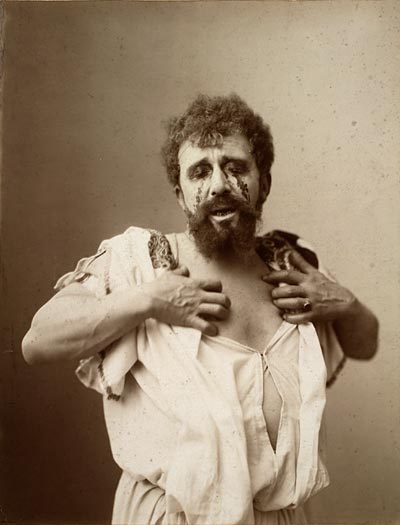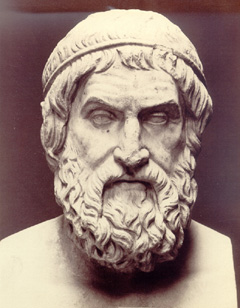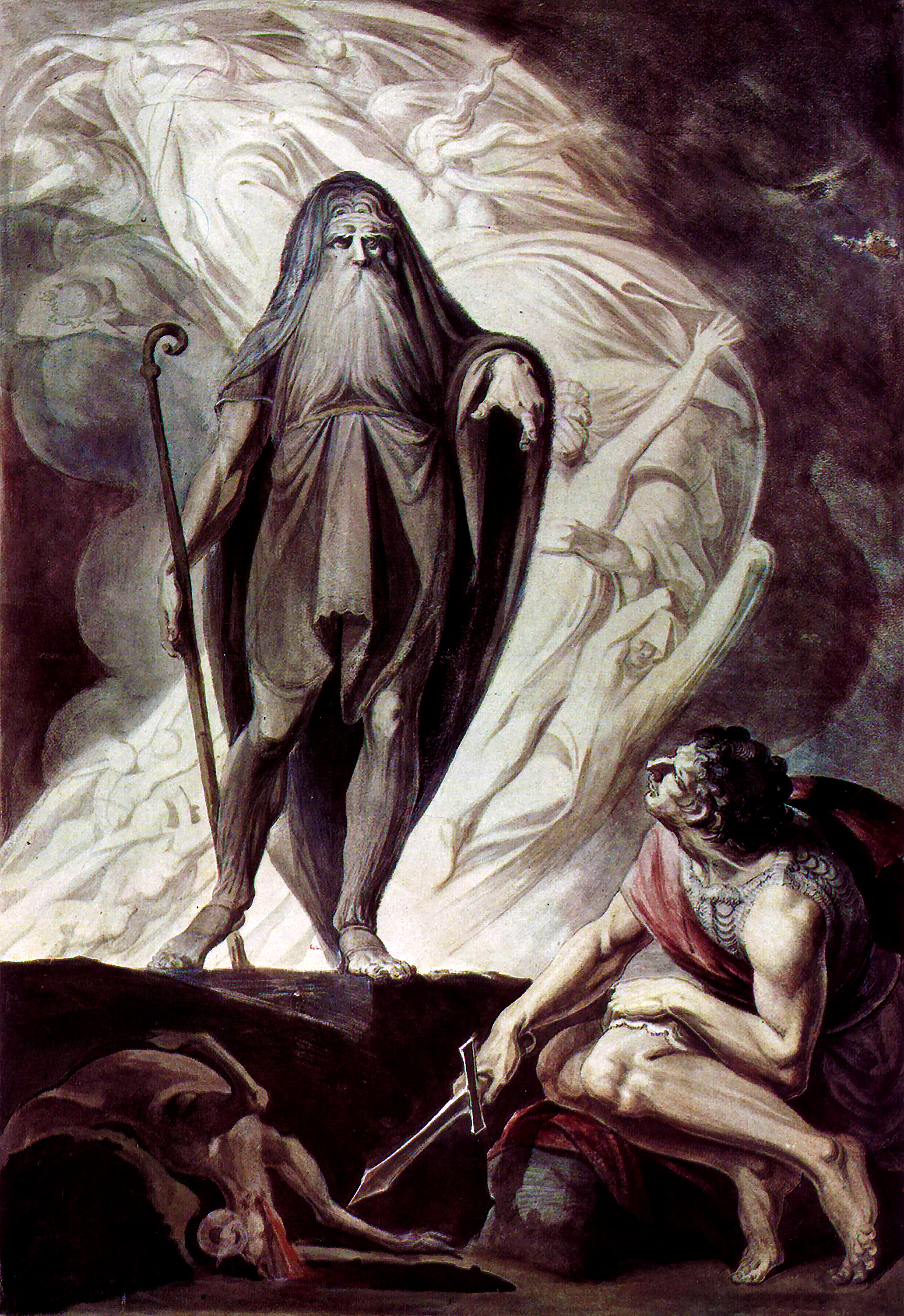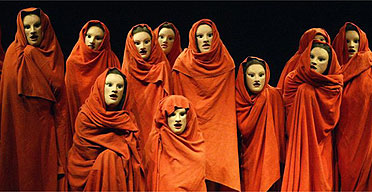a.
Oedipus the Man
-Oedipus was a overly proud and determined man. He was determined to find
the killer of the Previous king laius and that led to him finding out it was
himself. In that and finding out he was married to his mother, he loses his
pride.
b.
Oedipus the Myth
-Oedipus was born to Lauis and Jocasta of Thebes. His parents find out
that their son will kill the father and marry the mother in the future. So
Oedipus is ordered to be killed. However the shepherd doesn’t kill the baby,
instead he gives it to the king and queen of Corinth. Which results in the
chain of events in the play
c.
Oedipus the Play
-The play of Oedipus the king takes place after he kills his father and
has four kids with his mother. He is still ignorant of the fact that they are
his mother and father. The play was written by Sophocles in around 430 B.C.
d.
Tragedy-
-Tragedy is the situation in which a hero performs an action that has
serious consequences while being presented in an attractive fashion.
Aristotilian tragedies must be whole, no cliffhangers or “episodic” endings.
They also must be complex and fairly lengthy.
e.
Hubris-Hubris is an excessive pride. It often
causes a hero to ignore a moral warning. Ignoring the moral warning eventually
leads to the tragic hero’s demise.
f.
Dramatic irony
- Dramatic irony occurs when the audience knows a detail that the
characters do not. In the play Oedipus Rex, everyone knows the myth of Oedipus
marrying his mother, but the Oedipus himself, in the story, does not know that.
This effect really draws audiences in because they know the result but they
can’t look away.
g.
Sophocles
-The second of 3 great greek tragedy writers, Sophocles was most famous
for his work on oedipus rex. He won many awards for his writing in competitions
and he also bested Aeschylus in a dramatic competition
h.
Teiresias
- Teiresias was a Famous prophet of Thebes. He walked in on Athena
bathing, so she blinded him, however, she also gave him the gift of prophecy in
his blindness. So he was used in many greek myths as a prophet.
i.
Fate
-In greek mythology, fate is always inevitable. Heroes hear a prophecy
and they want to deny it and try to go against it, which results in bad
consequences for the hero. Fate is common in the structure of all greek
literature.
j.
Greek theater
-
Greek theater was thought to originate around 700s B.C.. Greek theater only
included male actors who portrayed comedic or tragic myths on stage according
to a playwright. There were three famous tragic playwrights, Aeschylus, Sophocles,
and Euripides.










No comments:
Post a Comment